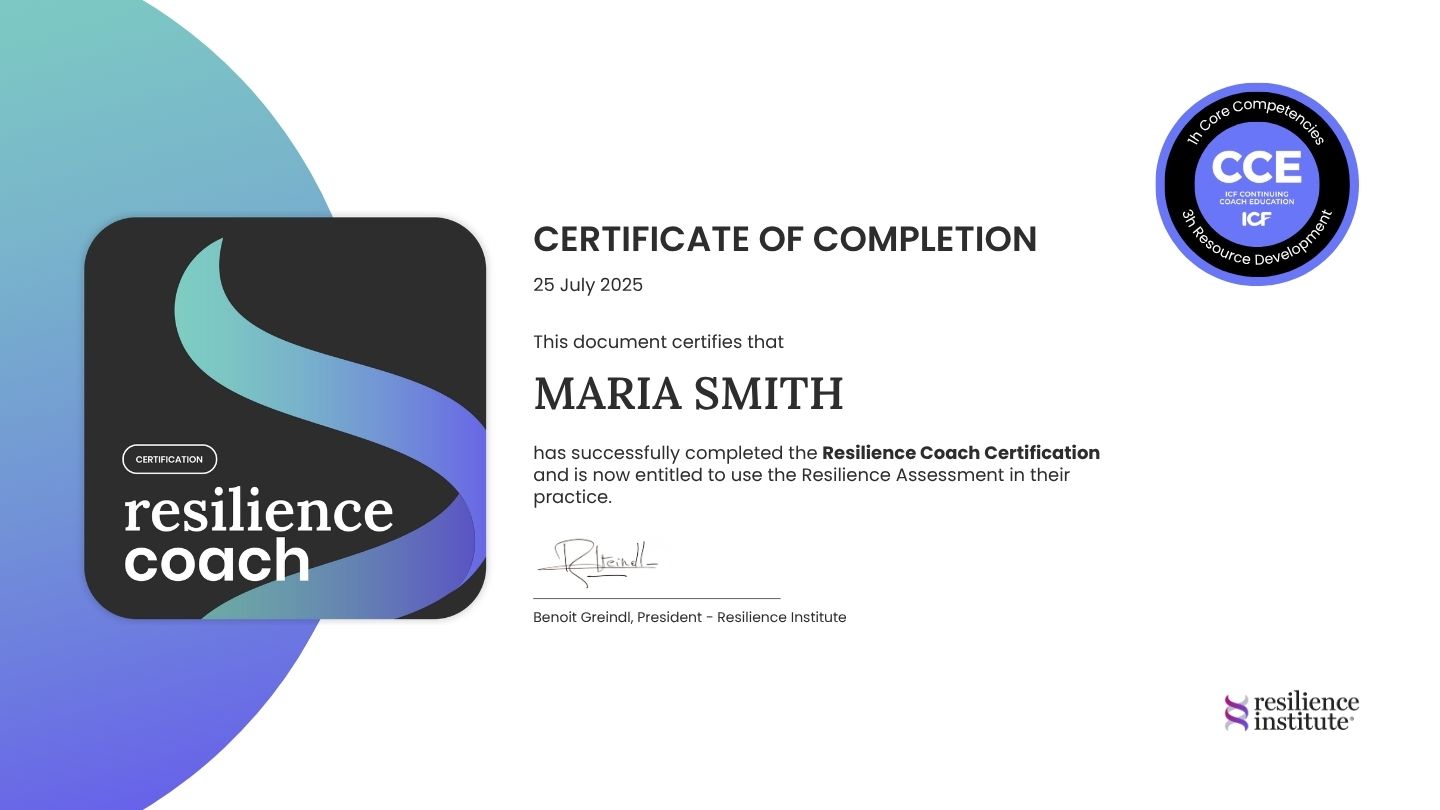
Workplace Trends 2025: How Resilience Drives Hybrid Work, AI, and Employee Well-Being
The workplace is evolving rapidly, and 2025 is no exception. From hybrid work becoming the norm to the increasing importance of employee well-being, businesses are rethinking how they function, connect, and thrive. These changes bring unique challenges, but they also create opportunities for organizations that prioritize resilience.
Let’s explore the top workplace trends shaping 2025 and how resilience can help companies navigate them effectively.
Hybrid Work Goes Mainstream: Adapting to Flexible Work Trends in 2025
The Trend: Hybrid work is no longer a temporary solution—it’s the new standard. Companies are balancing the need for flexibility with the challenges of maintaining collaboration, culture, and productivity across dispersed teams. According to research, over 70% of companies now embrace hybrid work as a core component of their business model (Robert Half).
How Resilience Helps: Resilience practices bridge the gaps created by distance. Mindfulness, emotional agility, and clear communication are key to ensuring team members stay connected and engaged, no matter their location. Training on energy management and stress reduction further boosts productivity.
For example, resilience training helps remote workers create boundaries between work and personal life, preventing burnout. Leaders equipped with emotional agility foster collaboration even in hybrid environments, setting a strong example for their teams.
Employee Well-Being: A Core Strategy for Retention and Productivity
The Trend: Organizations are placing mental health and holistic well-being at the forefront of their strategies. This focus includes creating psychological safety, preventing burnout, and promoting work-life integration. Recent studies show that 89% of workers believe well-being programs are essential for productivity and retention (ZenHR).
How Resilience Helps: The Resilience Institute provides assessments and training programs to build physical, mental, and emotional well-being, fostering a culture where individuals thrive and teams perform at their best.
AI in the Workplace: How Resilience Complements Technology
The Trend: The rise of AI is transforming industries, raising concerns about job displacement, ethical considerations, and skill gaps. While AI can handle repetitive tasks, human-centric skills like creativity, adaptability, and emotional intelligence are more valuable than ever. Experts predict AI will continue to augment roles rather than replace them (Investopedia).
How Resilience Helps: Resilience training equips individuals with the adaptability and problem-solving skills needed to thrive alongside AI. By fostering creativity and focus, resilience ensures that employees stay indispensable in an increasingly automated world.
For example, resilient employees can view AI as a tool to enhance their roles rather than as a threat, reducing anxiety and fostering innovation.
Skills Over Credentials: Thriving in a Skills-Based Economy
The Trend: Employers are increasingly prioritizing skills and outcomes over traditional degrees. In a world of project-based work and dynamic teams, adaptability and continuous learning are key. According to ZenHR, 83% of companies are focusing on upskilling their workforce (ZenHR).
How Resilience Helps: Resilience builds learning agility, encouraging employees to embrace change and proactively acquire new skills. A resilient mindset helps individuals approach challenges as opportunities for growth, ensuring they remain competitive in a skills-driven workplace.
For instance, an employee might use resilience techniques to tackle a new project in an unfamiliar area, approaching it with curiosity rather than fear.
Purpose-Driven Workplaces: Attracting and Retaining Talent Through Values
The Trend: Employees, particularly millennials and Gen Z, are increasingly drawn to companies that align with their values and purpose. Organizations that emphasize sustainability, integrity, and social impact are better positioned to attract and retain top talent (New Metrics).
How Resilience Helps: Resilience training integrates purpose-driven leadership and values alignment, fostering meaningful workplaces. Employees who feel connected to their company’s mission are more engaged and motivated, even during challenging times.
Thriving in 2025 and Beyond
The future of work is full of possibilities, but it requires thoughtful preparation and adaptability. Resilience is the key to unlocking success in this ever-changing environment.
Whether your organization is navigating hybrid work, leveraging AI, or fostering purpose-driven cultures, resilience practices like mindfulness, emotional agility, and stress management can help you thrive.
Ready to equip your organization with resilience strategies for 2025? Discover how our Resilience Assessment can provide insights into your team’s strengths and growth areas.

